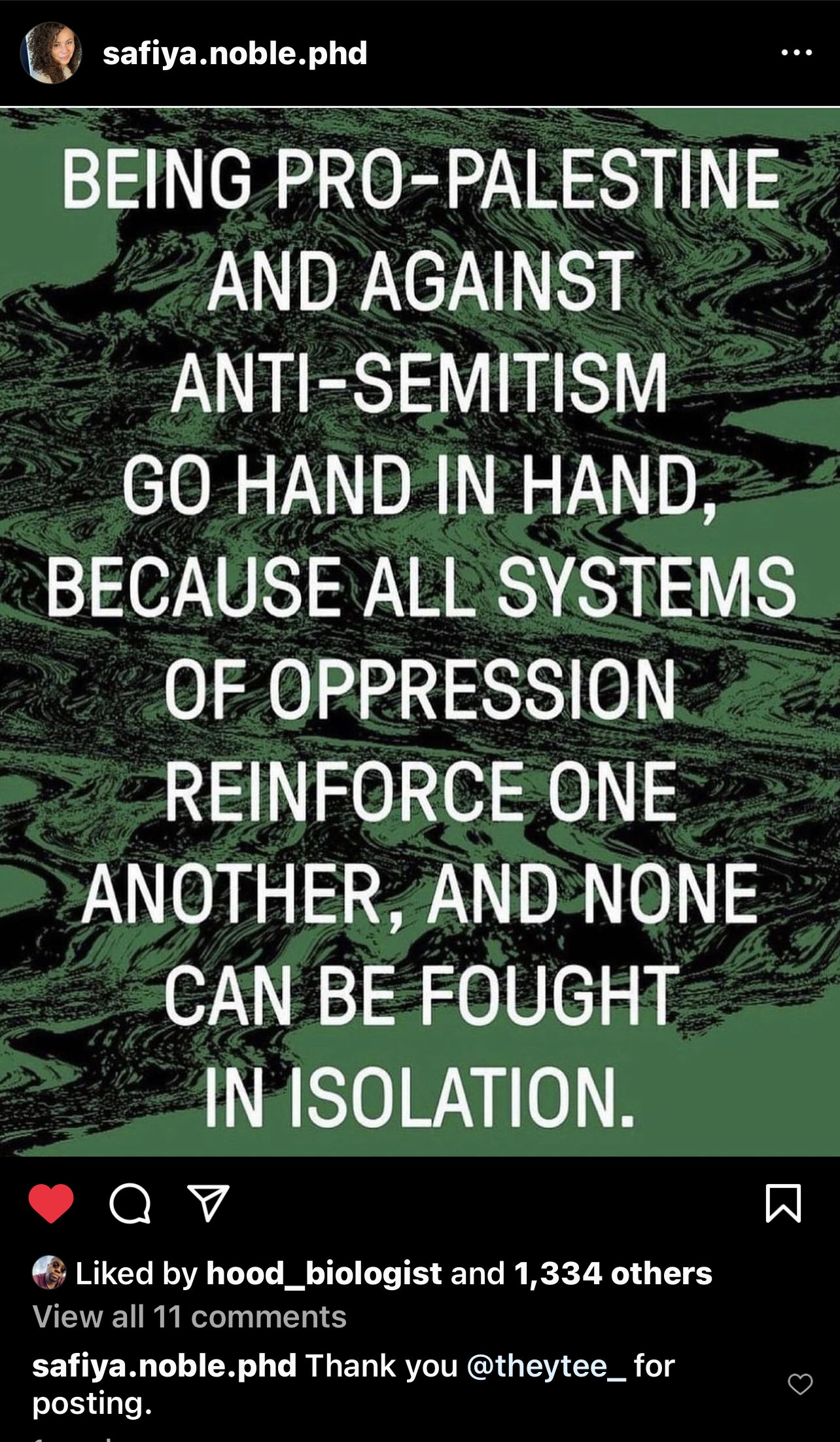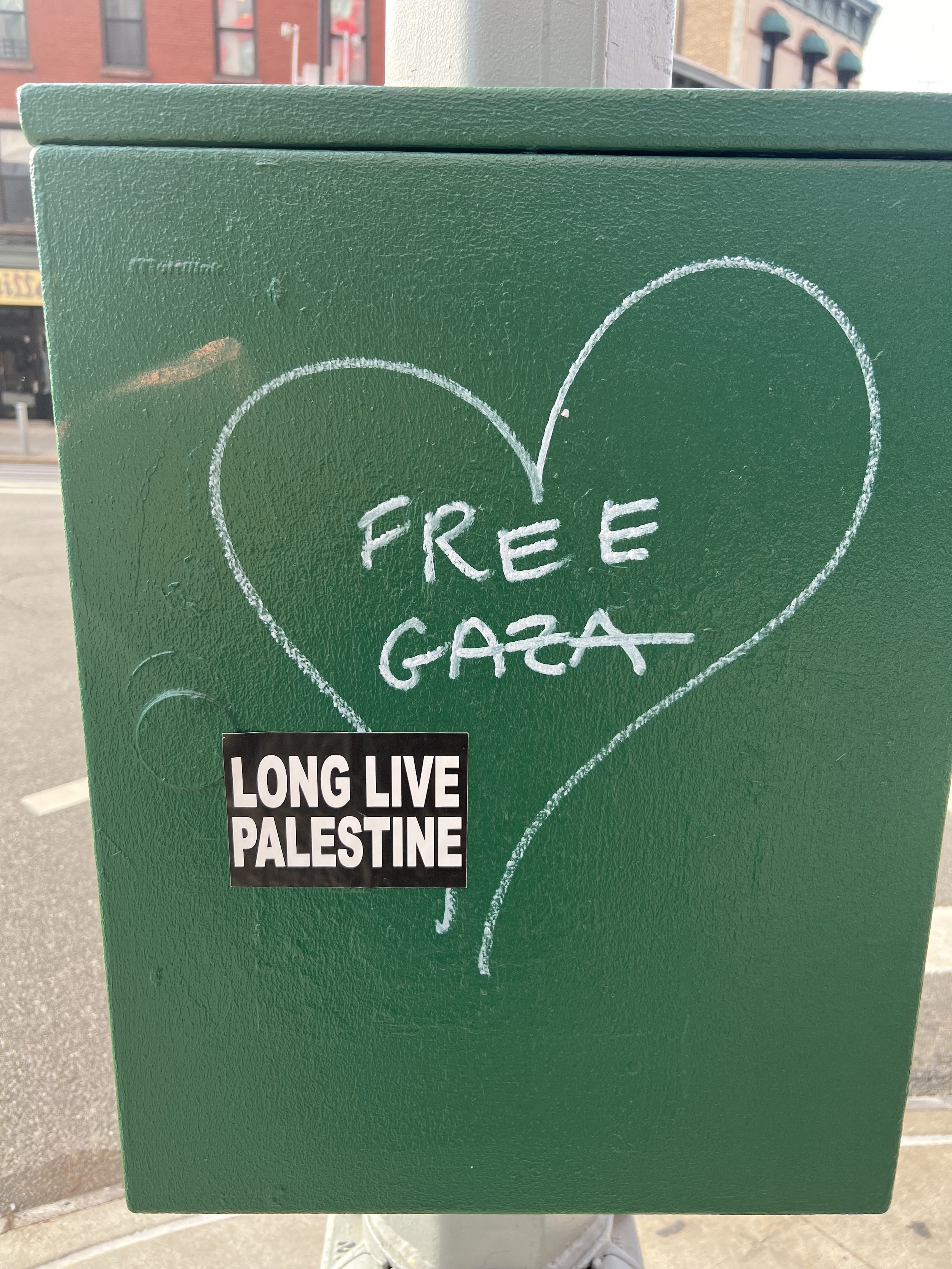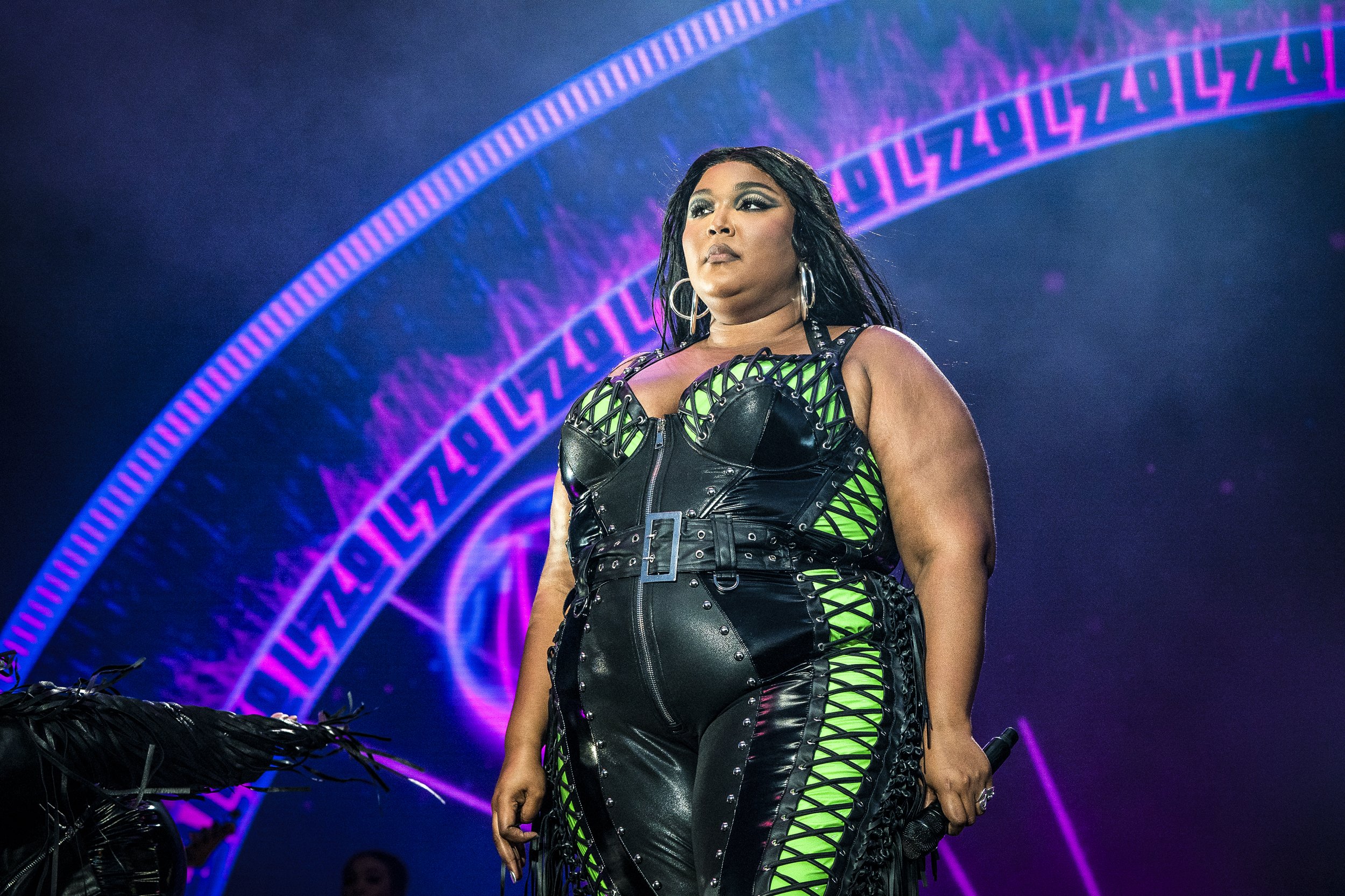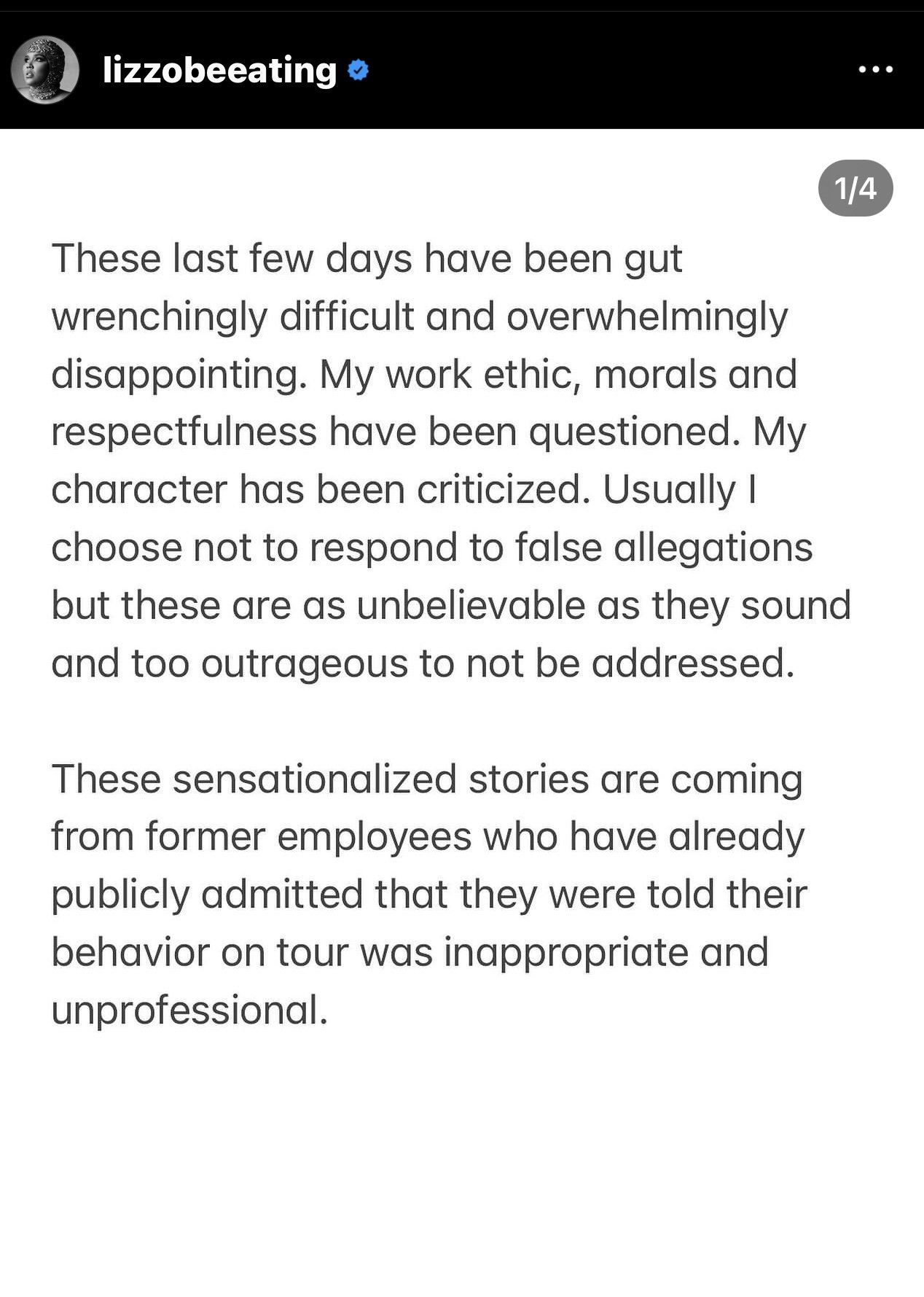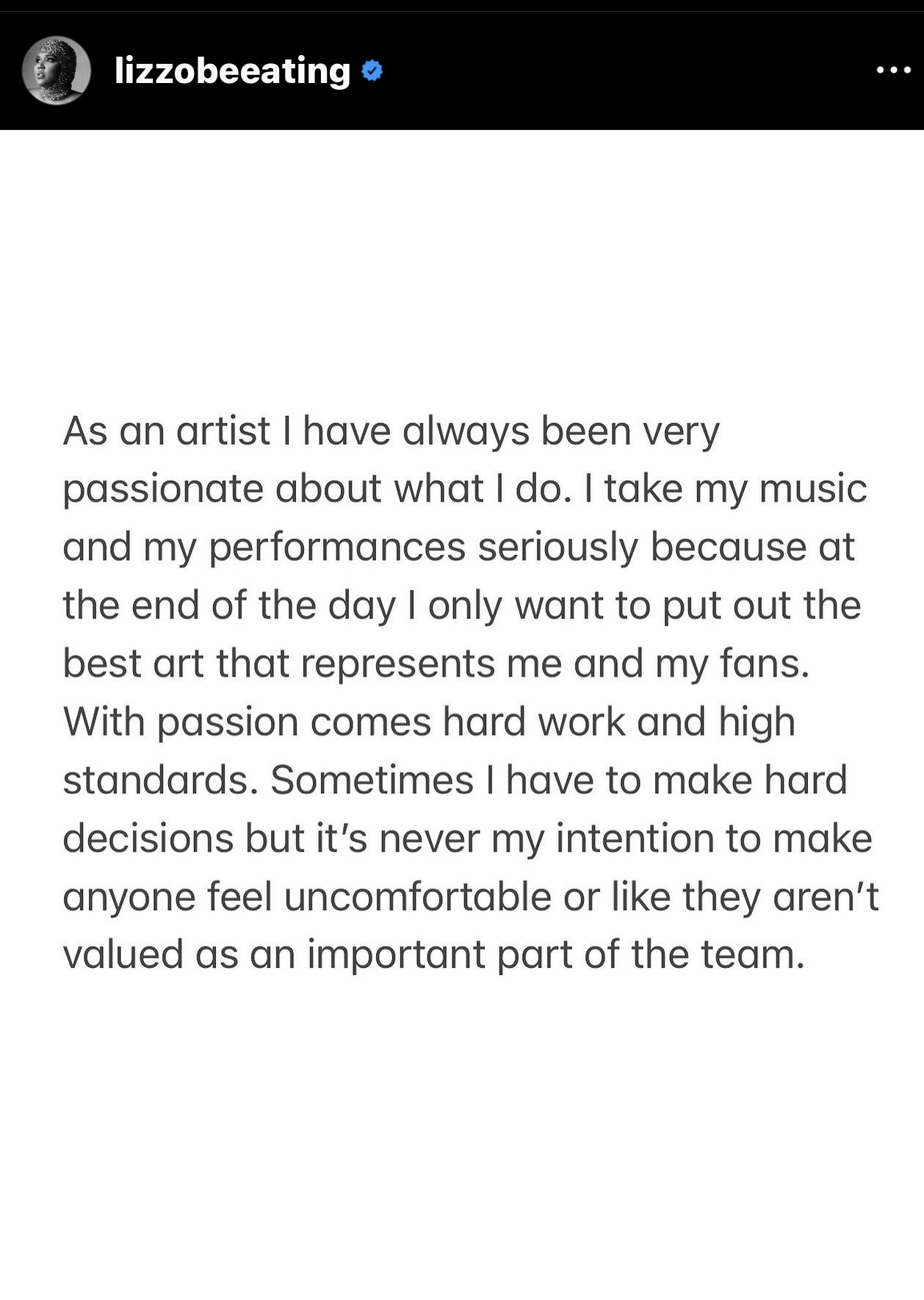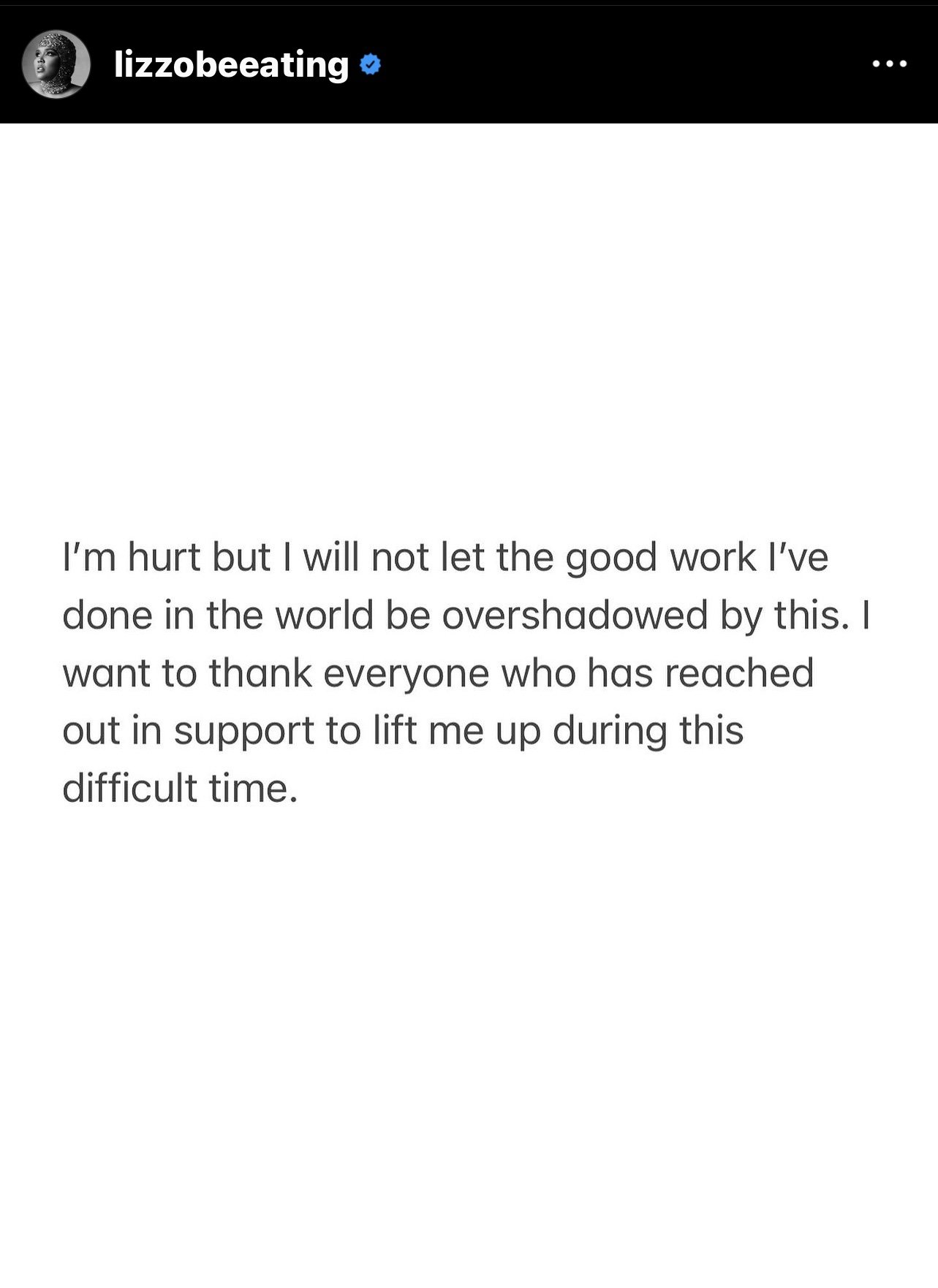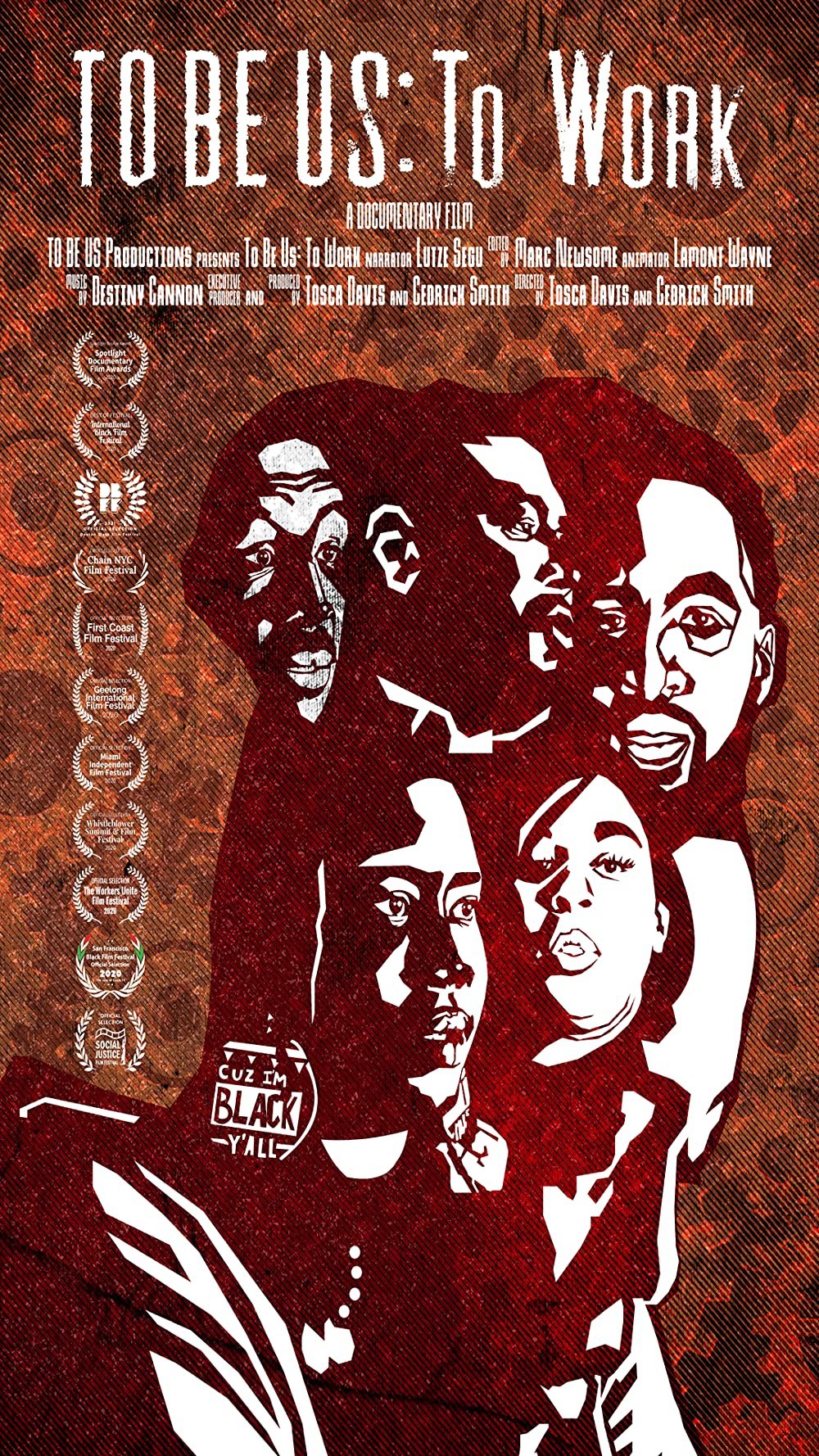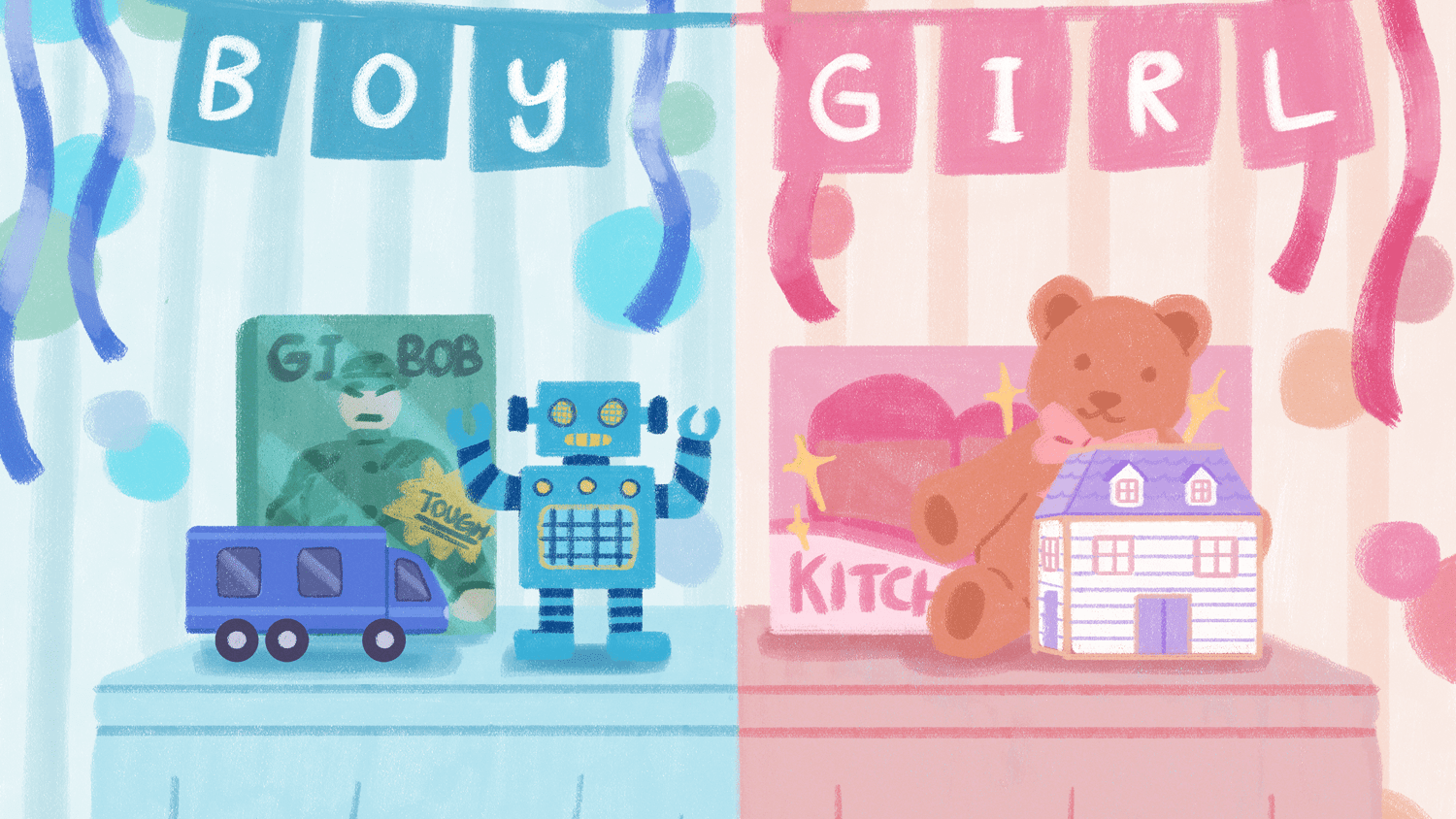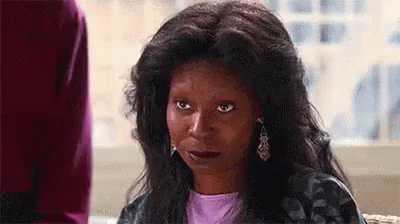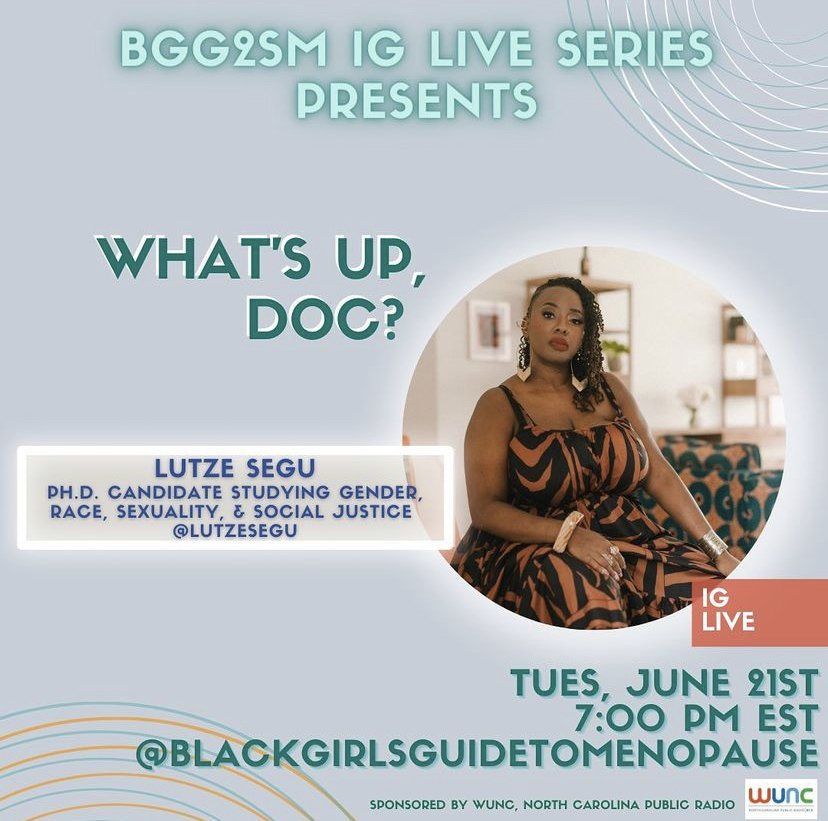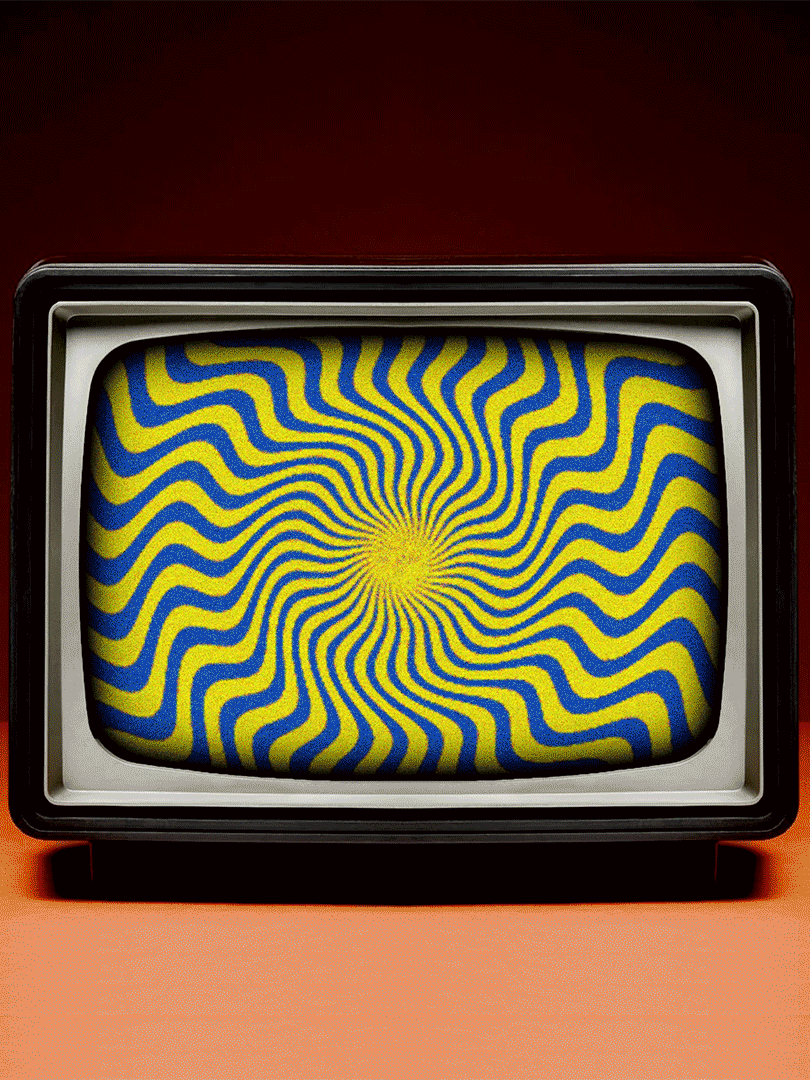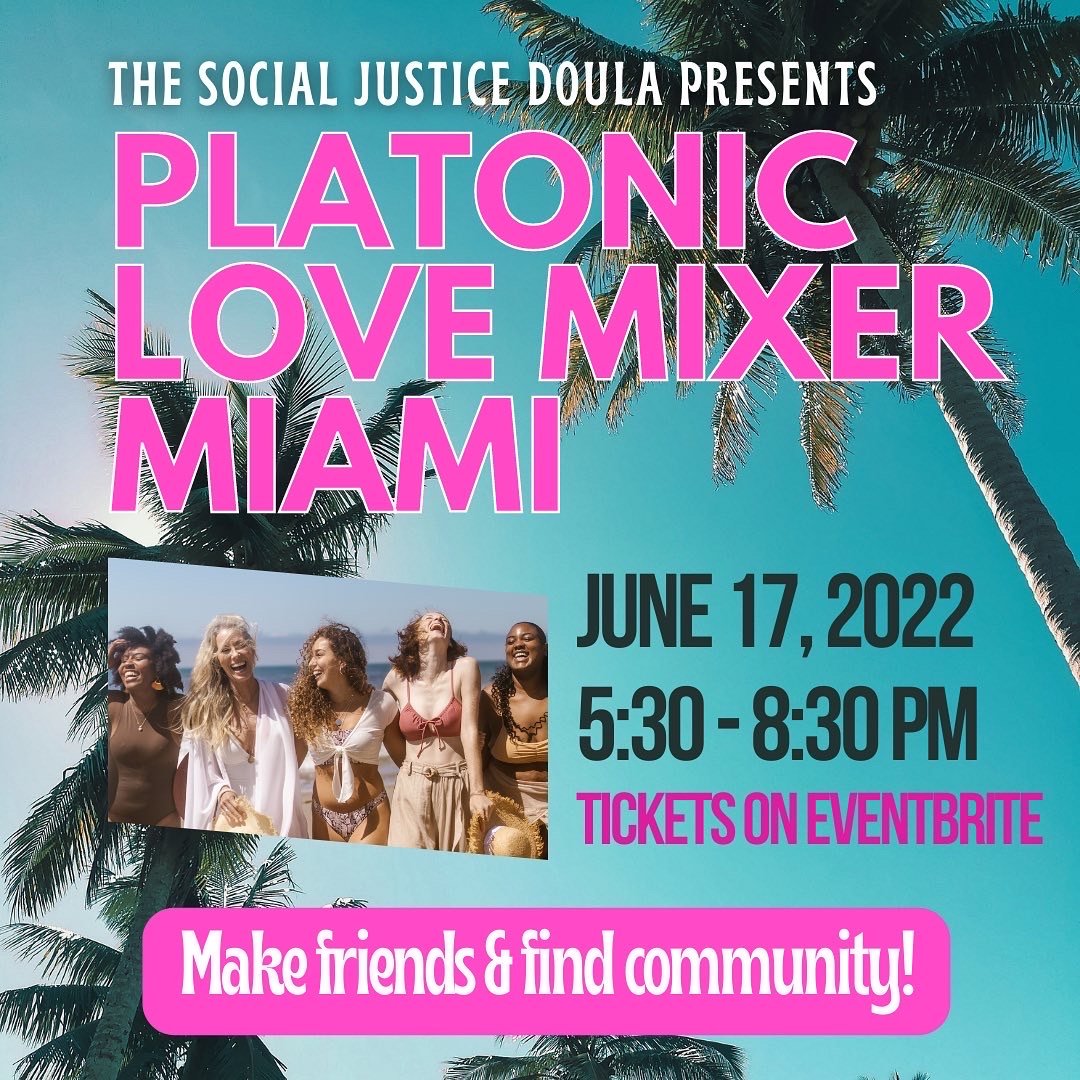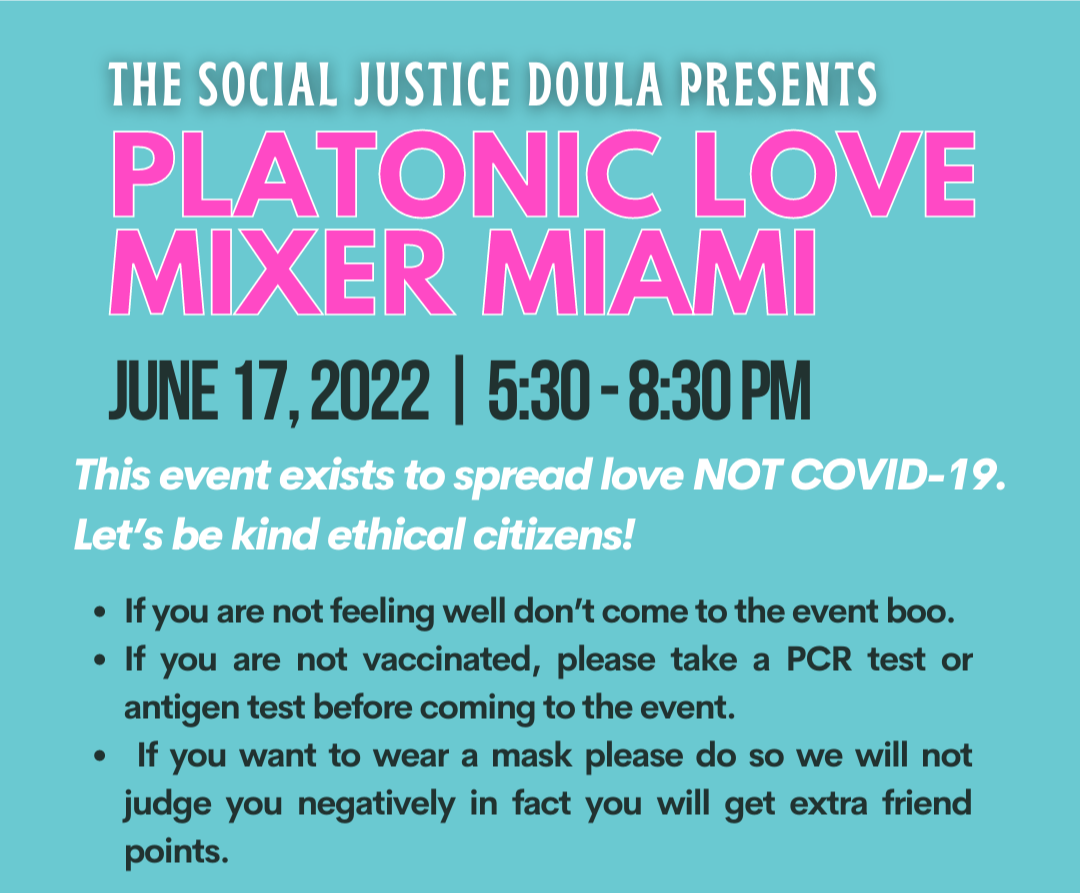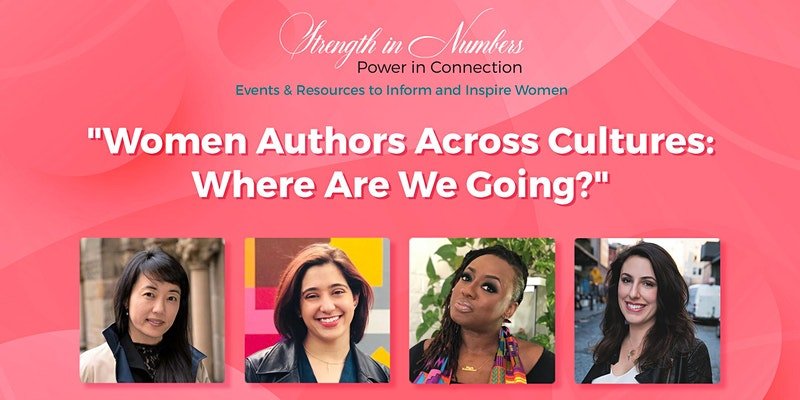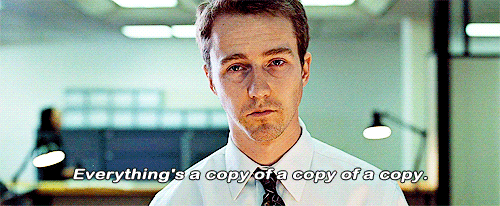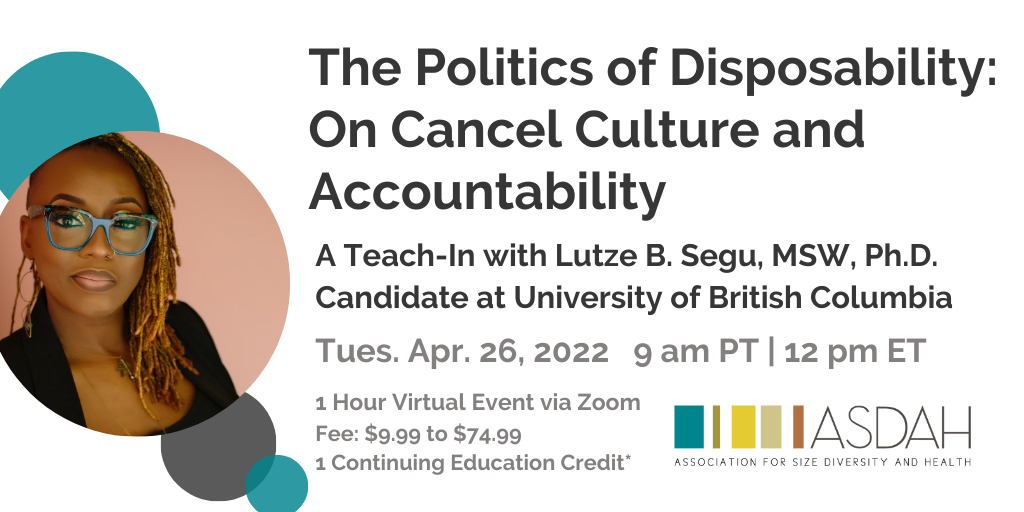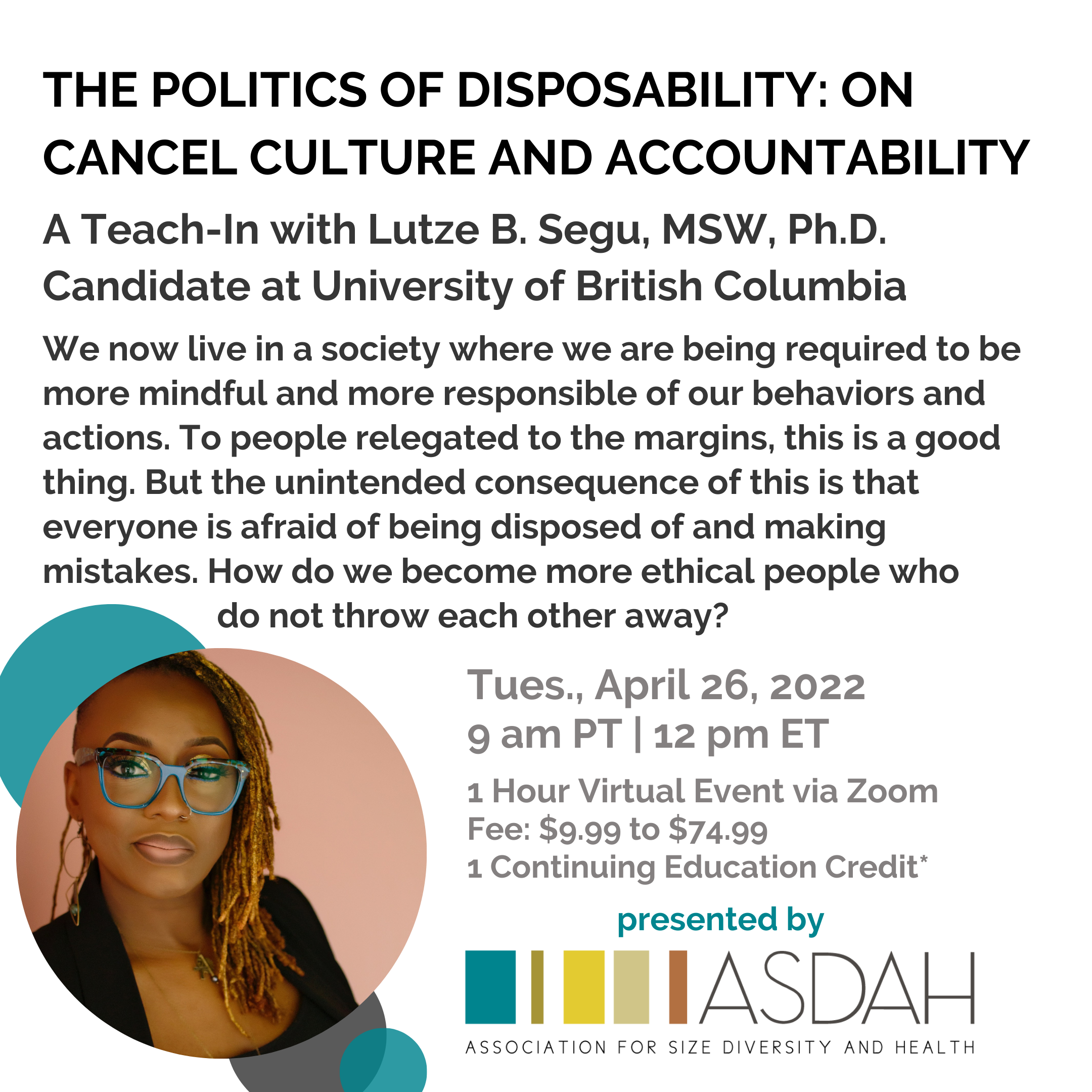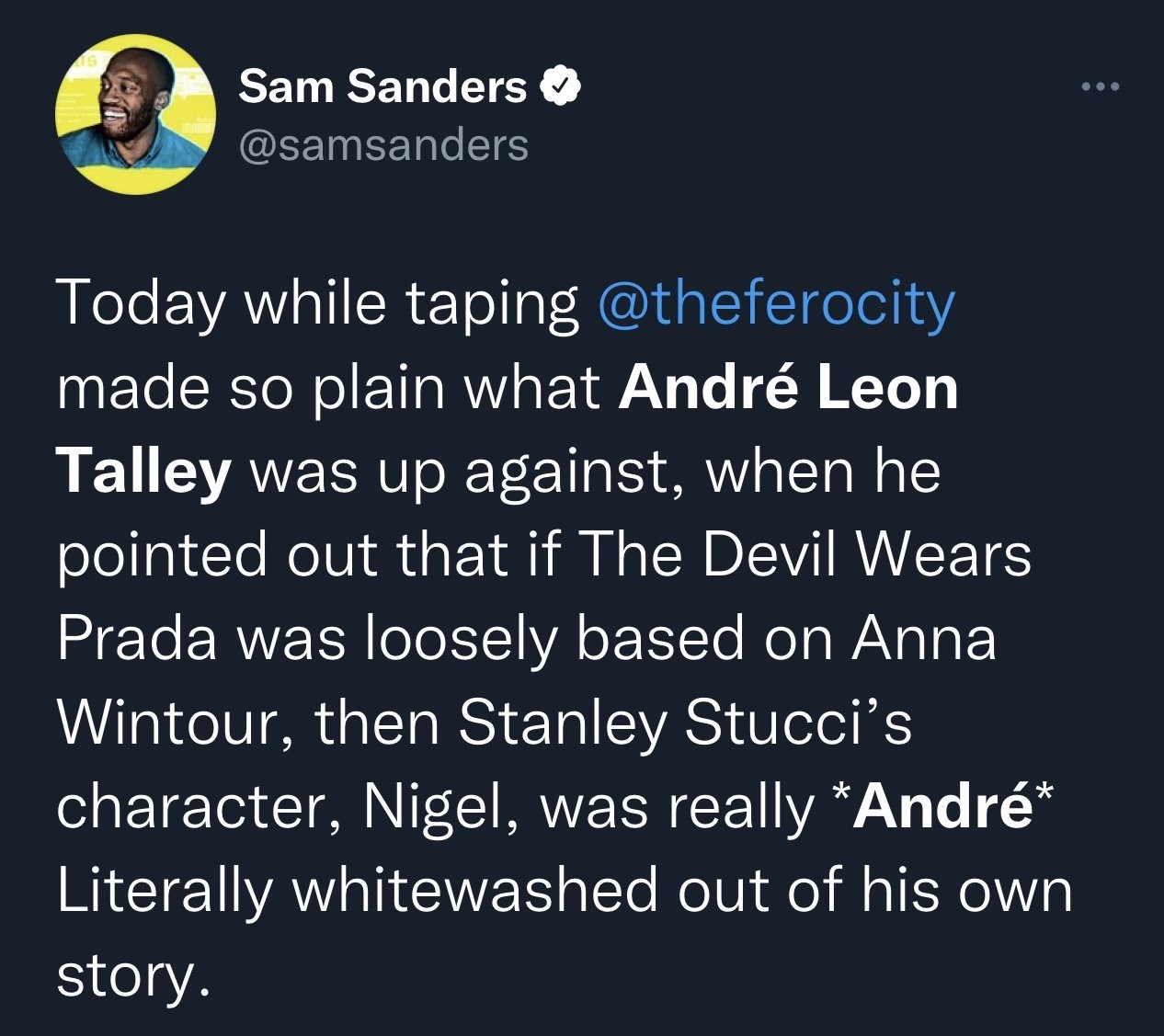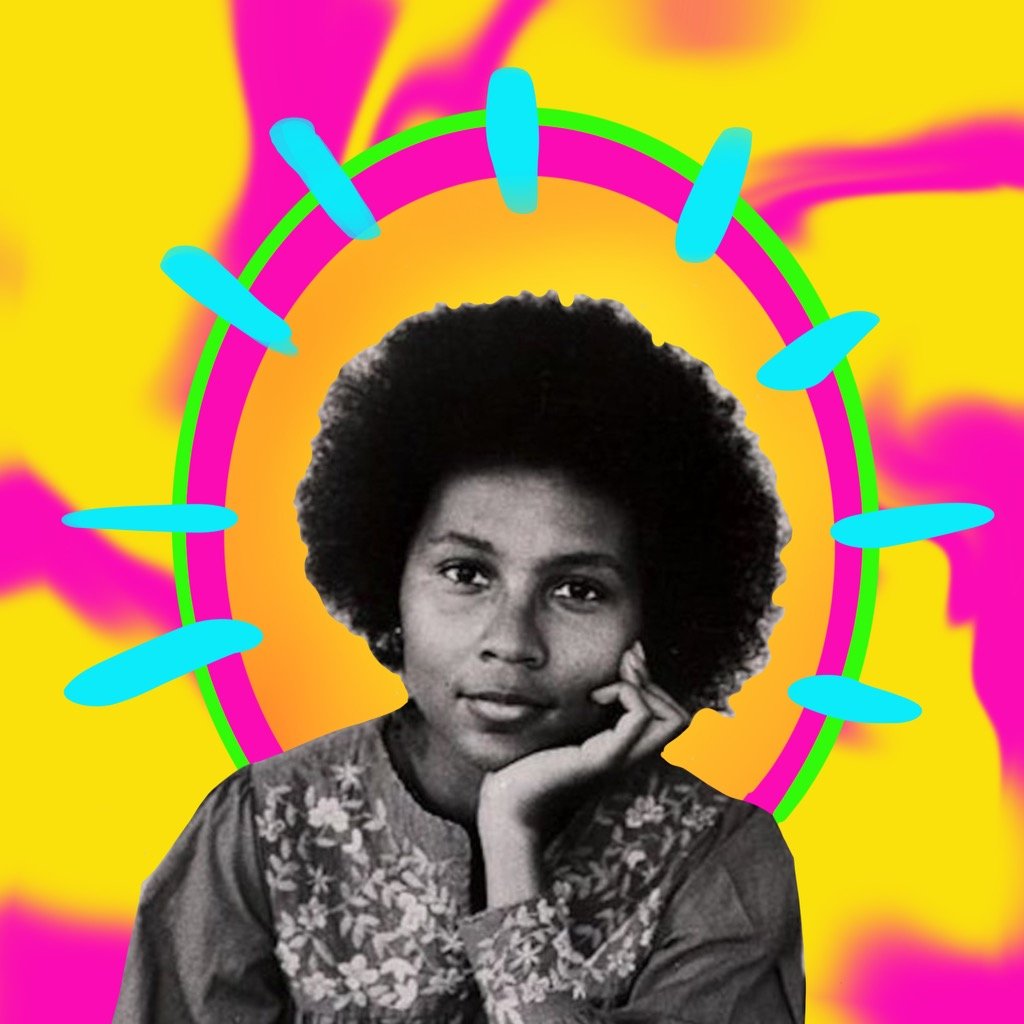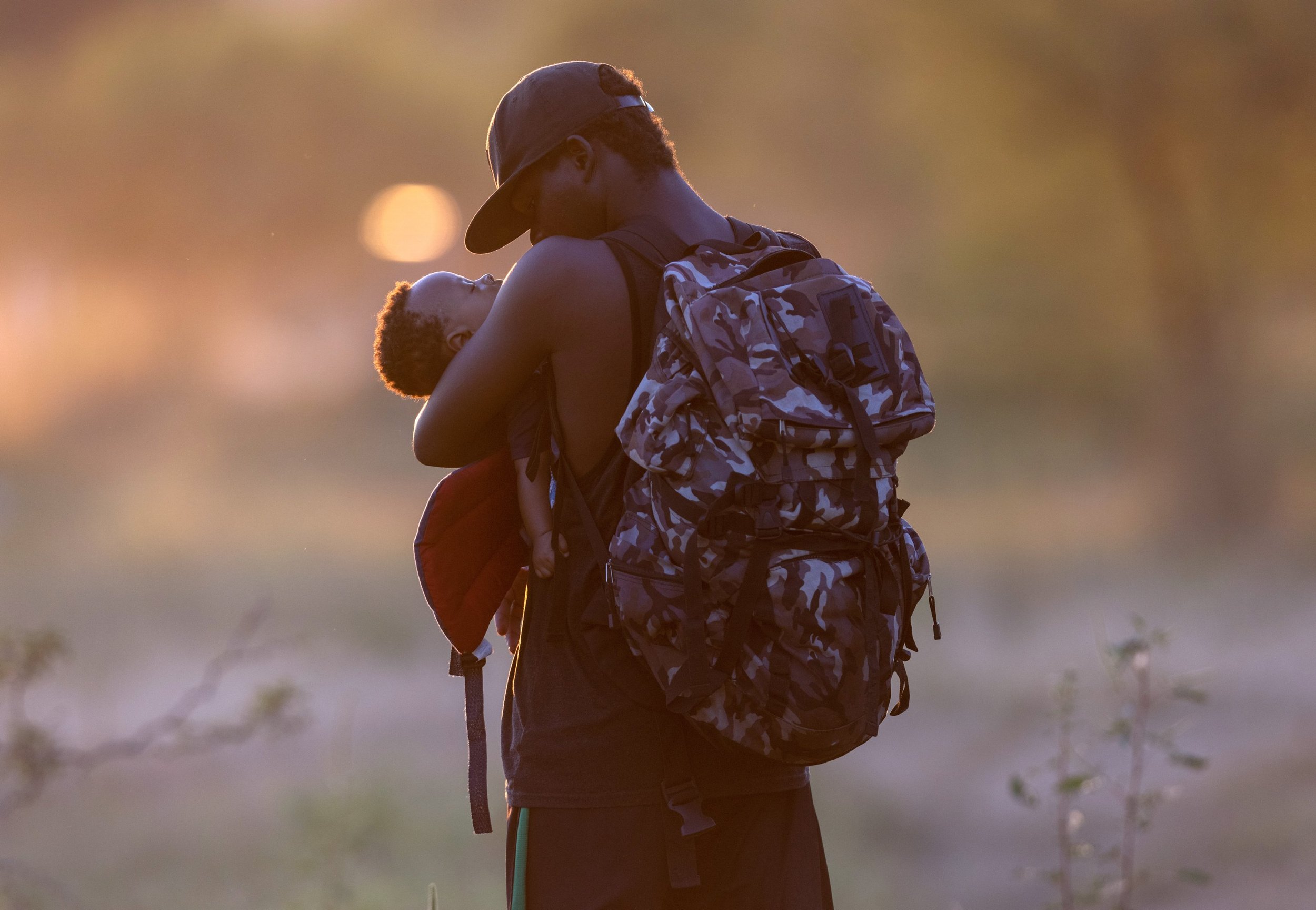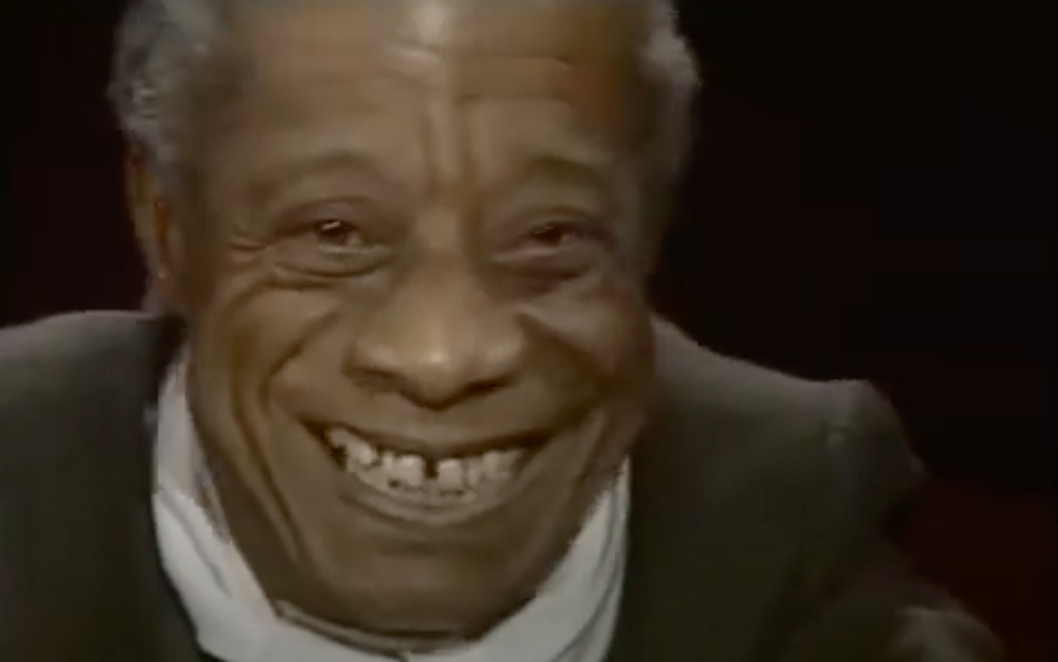Dear co-strugglers,
We have entered a new stage in this pandemic, and this stage is called the Delta variant, and it ain’t playing. I notice that many people who label themselves progressive, leftist, people who have beautiful revolutionary Black politics, and those who espouse a human rights framework are not yet vaccinated. And I am struggling to understand what is informing this political calculation.
Because choosing not to get vaccinated when you are not allergic to the contents of the vaccine or have no religious restrictions that stop you from getting a vaccine as a North American is a bold political choice. As people living in the United States, we have the immense and gross privilege of being surrounded by vaccines. At the same time, the rest of the world that is purposefully left underdeveloped is living in a vaccine desert.
The geographer and abolitionist Dr. Ruth Wilson Gilmore define racism by stating:
“Racism, specifically, is the state-sanctioned or extralegal production and exploitation of group-differentiated vulnerability to premature death.”
The word that captures me the most is premature death. If we call ourselves anti-racist, progressive, and leftist, we must ask ourselves how our politics interrupt the premature death of those made vulnerable by the state?
The most vulnerable among us as it pertains to this global pandemic are:
If we are the people who truly believe that all people are worthy and valuable no matter their race, ethnicity, class, or ability status, then our political calculations and choices must exhibit this and center the least of these.
In a democracy, every person must relentlessly engage in the political struggle of weighing individual rights and freedoms against collective rights and freedoms. Being that living in a society and democracy is a messy group project, there are times when I must put my individual rights on the shelf because our interdependence demands nothing less.
What is anti-racist, progressive, or leftist about not doing one’s part during a global pandemic? How can you honor Black August as a Black person with revolutionary ideals and not want to protect other Black people from disease?
It makes sense why many Republicans and Libertarians are refusing to get vaccinated or even wear masks. Their choice aligns perfectly with their world views and politics.
What is our excuse?
This level of rabid individualism that so many of us are practicing is incongruent with our world views and politics. How can people who overuse the word ‘community’ not think about the community in a time like this?
Make it make sense, fam.
Vaccine hesitation is real for those of us who are Black, Indigenous, or non-Black people of color. Our people have been forcibly sterilized, denied medical care, and had their bodies practiced on sometimes without anesthesia for the sake of pushing the medical field forward. Yes, the government is on that bullshit, and it is hard to trust them, but living in a society such as ours requires many daily acts of trust and faith. We do it so much we do not even notice.
For example, we drive on highways and bridges daily, knowing damn well our country's infrastructure ain’t shit. We go into grocery stores every day and buy fruits, veggies, and meats, trusting that they have not been poisoned. We take Uber or use Uber Eats and trust that our driver will not spit in our food or, worse, come back later to murder us. #Moralofthestory we operate daily on an immense diet of trust, hope, and faith. We trust that federal regulation will keep us safe and that when we enter our houses or apartments, we trust that the structure will not collapse on us. We do all of this in a country with no sensible gun laws, which means at any given moment, we can be shot and killed by our fellow citizens, completing any number of boring adult tasks.
To the people who are holding out because of their faith or spiritual beliefs. I am a deeply spiritual person who truly admires and loves the teachings of Jesus. My spirituality does not stop me from also believing in science. Faith or spirituality that doesn’t encourage you to use your brains and take social justice seriously is a tool of white supremacy and a cult. For the past 15 months, I have been drinking my mother’s tea. Various tea recipes are floating around in the Haitian community to help people protect their immune systems. And I still got that jab.
I am vaccinated, I wear my masks indoors (even while working out at Orange Theory), I pray, I meditate, do affirmations, get spiritual readings, do spiritual baths, work my altar, pull tarot, do the new moon and full moon rituals, drink my tea, and also believe in science.
To remix a verse from the bible, all things work together for the good of those who honor the deep knowings that come from their intersections and those who critically engage their mind.
And fam, it is ableist AF to say that because you are young, vegan, only shop at Trader Joe’s or Whole Food’s and because you workout, you do not need to get the vaccine because you are healthy.
Ableism is foundational to racism and white supremacy. And health in this country is inextricably tied to resources.
I would be mad AF if one day I logged on to one of my many social media accounts, and I casually found out that one of you reading this died from COVID-19 at this stage of the pandemic. I would be pissed, and the people who love you deeply would be as well.
I encourage you all to talk to your doctors, leave the conspiracies alone, stop with the hotep shit, check your ableism and do the right thing!
VIEWINGS AND READINGS:
Sorry, You Can’t Be “Progressive Except Palestine” by Hadas Their- “The question 'Does Israel have a right to exist?' is therefore not an abstract question of Jewish self-determination. 'The issue is not Jews’ right to constitute a nation, or even to pursue a homeland,' but whether that homeland has the 'right' to exist on the basis of the dispossession and ongoing denial of democratic rights to Palestinians.”
How Going Home Helped Inspire Leon Bridges—And Saved His Life by Casey Gerald- “Initially he called himself Lost Child. That’s what his mother, Lisa Sawyer, used to say whenever he was overdue for a haircut: 'Boy, you looking like a lost child.' It was Lisa who led him to God. She’d found his Myspace page, seen the language he was using. Something like ‘I’m that nigga,’ Leon tells me, falling away as he laughs. She sat him down and warned that he needed to get his life right. So he did. He threw away all his favorite tunes, wrote 'Conversion' and others in their place. He believes in the songs enough to know he needs a better stage name. People have said he looks like the actor Leon (perhaps best known for playing David Ruffin in the 1998 Temptations miniseries), and 'Leon Bridges' brings up much better Google results than his given name, Todd Bridges.”
Solidarity with the Cuban Revolution by David Austin- “As we know from the history of Haiti and Grenada, Caribbean revolutions have historically confronted both immense, seemingly insurmountable, challenges associated with external intervention, and the internal limitations of leadership. The right of the Cuban state to determine its fate must be defended against external aggression. But critique is also an integral part of this process, and the generic left must also be willing to recognize and acknowledge the shortcomings and failures of the Revolution and acknowledge some obvious truths: Cuba is not a utopia nor a society of equals; it is a revolution in motion, a state that aspires to do more than most, but although Cuba has proven to be exceptional in so many ways, it is not an exception to the rule that critique (internal and external) is a crucial and necessary part of building and sustaining a healthy, living and breathing polity.”
How Twitter can ruin a life Isabel Fall’s sci-fi story "I Sexually Identify as an Attack Helicopter" drew the ire of the internet. This is what happened next.- by Emily VanDerWerff- “At its core, 'Attack Helicopter' is about the intersection of gender and American hegemony. On that level, it has plenty to say even to cisgender people. After all, if all gender is on some level a performance (and it is), then it can be co-opted and perverted by the state. But if it’s also innate on some level (and it is), then we are powerless against whatever it is that enough people decide gender performance should look like. We are constantly trapped by gender, even when we know we are trapped by it. You can’t truly escape something so all-pervasive; you can only negotiate your own terms with it, and everybody’s terms are different.”
Why are so many Black professors not tenured? Texas has made little progress despite promises of change by Kailey Huang and Valeria Olivares- “Providing guidance for students from similar backgrounds is the kind of additional workload that Black faculty frequently take on, unlike other educators, said Yasmiyn Irizarry, a tenure-track professor at the University of Texas at Austin.
'Some faculty will call it a ‘Black tax,' she said.
The 'tax' emerges in various ways, such as when the university seeks out faculty of color for diversity, equity and inclusion work. They step up to serve on search committees or facilitate conversations about race.”
‘Burn It All Down Is a Call for Decolonization , Not Arson by Grand Chief Stewart Phillip, Shiri Pasternak, Audrey Huntley, and Meaghan Daniel- “But the status quo had to be vigorously and relentlessly shouldered out of the way by communities first, to make real change happen. In Canada, it is the status quo that is the enemy, not some hidden secret bogeyman. Colonization is precisely the imposition of colonial institutions and the violence they produce in people’s daily lives. The call for deep structural change at this moment is a call for freedom from this ongoing harm.”
Who is the Stranger here? Reading the Torah through a Decolonized Lens by Rabbi Brant Rosen- “In this context, we would thus do well to ask ourselves, what does it mean for Jews – particularly white Jews – to invoke this Biblical verse as we dwell on land stolen by a settler colonial power from its indigenous population? Or to put it another way, before intoning the commandment to love the stranger, we might first ask ourselves, 'who is the real stranger here?'”
As White Evangelical Vaccine Refusal Reminds Us, Sometimes Religion Is The Problem by Chrissy Stroop- “As many exvangelicals have been trying to get the American mainstream to understand for years now, evangelical subculture is essentially ground zero for America’s other pandemic—disinformation. Conservative, mostly white evangelicalism, which represents a fear-based, authoritarian outlook on a social scale, has constructed a parallel society, mediated through churches, Christian publishing, homeschooling, Christian schools, Christian colleges and universities, and numerous parachurch ministries, in which certain sacrosanct 'truths' are never questioned. When reality contradicts the truths that define group membership, the evangelical community closes ranks and puts the power and influence of its tight institutional network behind the assertion that, in fact, the emperor is wearing clothes, and anyone who says otherwise is a dirty godless liberal intent on persecuting Christians.”
I See My Work As Talking Back; How Critical Race Theory Mastermind Kimberle Crenshaw Is Weathering The Storm by Rita Omokha- “Crenshaw breaks it down. 'Critical race theory is based on the premise that race is socially constructed, yet it is real through social constructions.' In other words, ask yourself, what is a 'Black' neighborhood? Why do we call 'the hood' the hood? Labels like these were strategically produced by American policy. Critical race theory says the idea of a Black person—who I am in this country—is a legal concept. 'Our enslavability was a marker of our degradation,' Crenshaw explains. 'And our degradation was a marker of the fact that we could never be part of this country. Our Supreme Court said this'—in the Dred Scott v. Sandford ruling of 1857—'and it wasn’t a close decision.'"
Grief Belongs In Social Movements. Can We Embrace It? by Malkia Devich-Cyril- “Along my own journey, what surprised me most was the discovery that grief is not an enemy to be avoided. In fact, resisting grief led to my suffering, while becoming intimate with grief led me to the lesson that grief and joy are inextricably linked. Though generations of traumatic loss can become conflated with deformed expectations, standards and culture, grief in all its forms has the potential to bring us closer to the truth of the world, to make us more tender and more filled with delight. It is from this new kind of gratitude, this pandemic joy, that we can rise together in action, in democratic decision-making, in strategic vision. This is one part of liberation.”
LUTZE SIGHTINGS:
Lutze's 73 Questions - I did my own version of Vogue's 73 Questions; check it out!
LISTENING:
Fanti- No Cis-sies Allowed ft. Da’Shaun Harrison- This was an excellent podcast episode. It is truly a joy for me to listen to Black non-binary folks destroy the gender binary. I am a huge fan of the writer Da-Shaun and their analysis on gender, anti-Blackness, and fatness. Because of this episode, I will no longer be using the phrase “binary trans people.” This episode helped me understand the faulty logic of this phrase. It is a great episode one that I will be listening to again to ensure I got all of the awesomeness.
Transforming Misogynoir w/ Mai’a Williams- Dr. Moya Bailey the Black scholar who coined the term ‘misogynoir’ has a podcast. As of right now, there is only one episode and I really enjoyed it. A major part of my coming to consciousness happened online during the time period they are discussing. Dr. Bailey and Mai’a in this episode are musing about a time online that simply no longer exists. I definitely hit subscribe and I am looking forward to the intellectual journey of this podcast.
The Professor Is In : Ep 2:28 Leaving Academia- Interview with Dr. Chris Catarine- I fell into a hole of reading about Ph.D.’s who have left academia and stumbled on this interview. I appreciated that they are normalizing Ph.D.’s leaving and finding success and purpose outside of academia.
Fraudsters- Episode 20: Race Hustlers Part 1- Fraudsters is a podcast exclusively on Spotify and they did a five-part series on race hustlers that I enjoyed. They touched upon David Duke, Dr. Umar Johnson, Rachel Dolezal, and more.
Bughouse Square- This is a podcast all about Studs Terkel who I learned about while listening to Ezra Klein interview the amazing Black woman scholar Dr. Eve Ewing. In Bughouse Square the host Dr. Ewing walks you through an iconic interview that Studs Terkel did with an iconic figure. Episode one starts with James Baldwin and it is really good.
Harm, Punishment, and Abolition- To hear Mariame Kaba (my possibility-role model) be in conversation with Prentis Hemphill was truly good medicine. I will truly never grow tired of listening to Mariame Kaba talk about abolition and how “hope is a discipline.”
ANNOUNCEMENTS:
Our comrades at Black Feminist Future will be hosting a free virtual experience celebrating the legacy, power, and possibilities of Black feminisms on August 28th. We deeply believe that Black liberation is achievable; and to get there we must center Black feminisms, build power, and organize to defend and protect Black women, girls, and gender non-conforming folks. Jubilee will be a space to be reintroduced, reenergized, and renewed in Black Feminisms.
Register for free at BlackFeministHomecoming.com
#Jubilee21
#BlackFeministHomecoming



